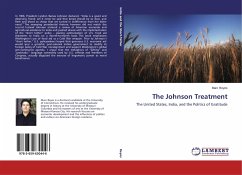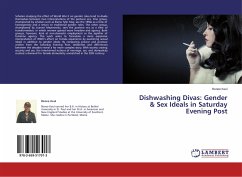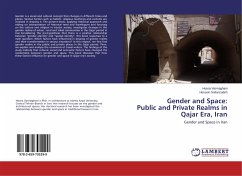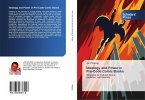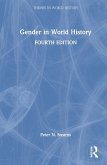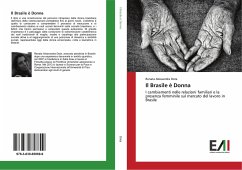In 1966, President Lyndon Baines Johnson declared, "India is a good and deserving friend. Let it never be said that bread should be so dear, and flesh and blood so cheap that we turned in indifference from her bitter need." The sweeping presidential rhetoric however did not match the record. Instead Johnson ordered a review of American economic and agricultural assistance to India and pushed ahead with the implementation of the "short tether" policy - placing authorization of U.S. food aid shipments to India on a month-to-month basis. This book emphasizes Washington's use of food aid as a Cold War weapon. Prior to Johnson's "short tether," U.S. policymakers hoped that generous U.S. economic aid would spur a grateful, post-colonial Indian government to modify its foreign policy of Cold War nonalignment and support Washington's global anti-communist agenda. I argue that the metaphors of "gifting" and "gratitude," language commonly used by U.S. officials and members of Congress, actually disguised the exercise of hegemonic power as moral beneficence.
Bitte wählen Sie Ihr Anliegen aus.
Rechnungen
Retourenschein anfordern
Bestellstatus
Storno

